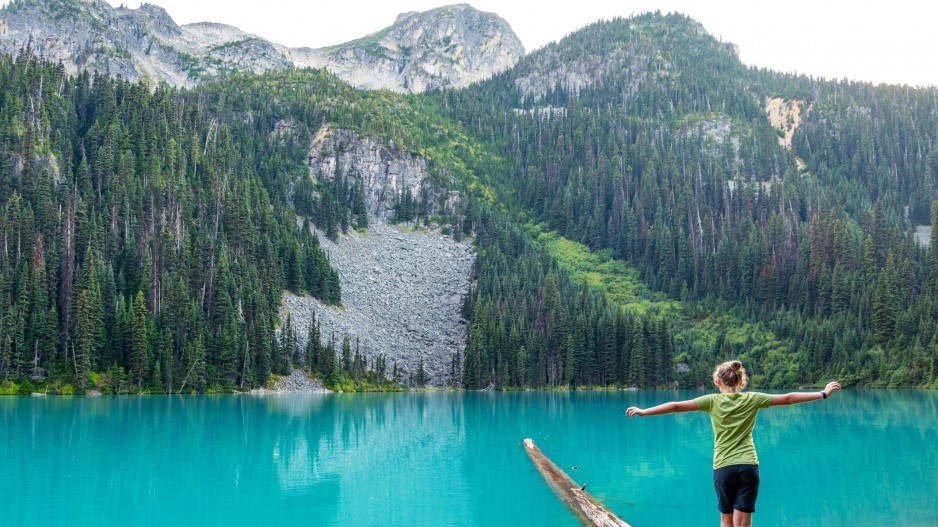Two B.C. First Nations who shut down public access to a popular park say the closure comes after five years of consultation with BC Parks came up short.
In a statement Wednesday, Líl̓wat Nation and N’Quatqua First Nation said their access to resources has not been prioritized and the Harvest Celebration closure was proposed five weeks ago.
“While successes have been gained through our partnership in terms of implementing a cap on the number of visitors and a Day-use pass permit, access to the resources by Líl̓wat and N’Quatqua has not been prioritized,” said the two First Nations in a statement.
The two nations also said their goals have been on hold for many years and were left "overshadowed by importance placed on tourism" at Pipi7iyekw – Joffre Lakes Park. As a result, the First Nations decided they would be "shutting down" the park.
"Indigenous peoples have the right to participate in decision-making in matters which would affect their rights, Líl̓wat and N’Quatqua Nations have closed Pipi7iyekw,” states the release.
On Aug. 23, the First Nations said they were shutting down the park so they could harvest and gather resources within the territories. The park will be temporarily closed to the public until Sept. 30, B.C.'s National Truth and Reconciliation Day.
"The time has come to prioritize the Nation’s access to their resources, food sustenance and to remove barriers that discourage our use of Pipi7iyekw for traditional use activities,” said the nations in a statement.
Following the announcement, BC Parks immediately cancelled user day passes and camping reservations to the park and fully refunded them with news of the closure.
BC Parks says recent discussions prioritized managing visitors
Before its closure, the park accommodated up to about 200,000 visitors per year, with 1,053 day-use passes available every day.
According to BC Parks, recent discussions between the provincial agency and the two nations focused on managing visitors, instead of prioritizing First Nation cultural access.
A spokesperson for BC Parks said a number of trail passes in the park were established through a 2018 visitor use management strategy meant to "ensure resource protection, public safety, and minimal visitor conflict.”
Under adjusted booking rules, BC Parks began issuing mandatory day-use passes to visit the popular park in 2021.
In their joint statement to Glacier Media, the Líl̓wat Nation and N’Quatqua First Nation thanked people for respecting their closure.
"Líl̓wat Nation and N’Quatqua First Nation want to extend our gratitude to all our supporters, our allies, and all park visitors that showed understanding and positive responses to the news of Pipi7iekw,” reads the statement.




